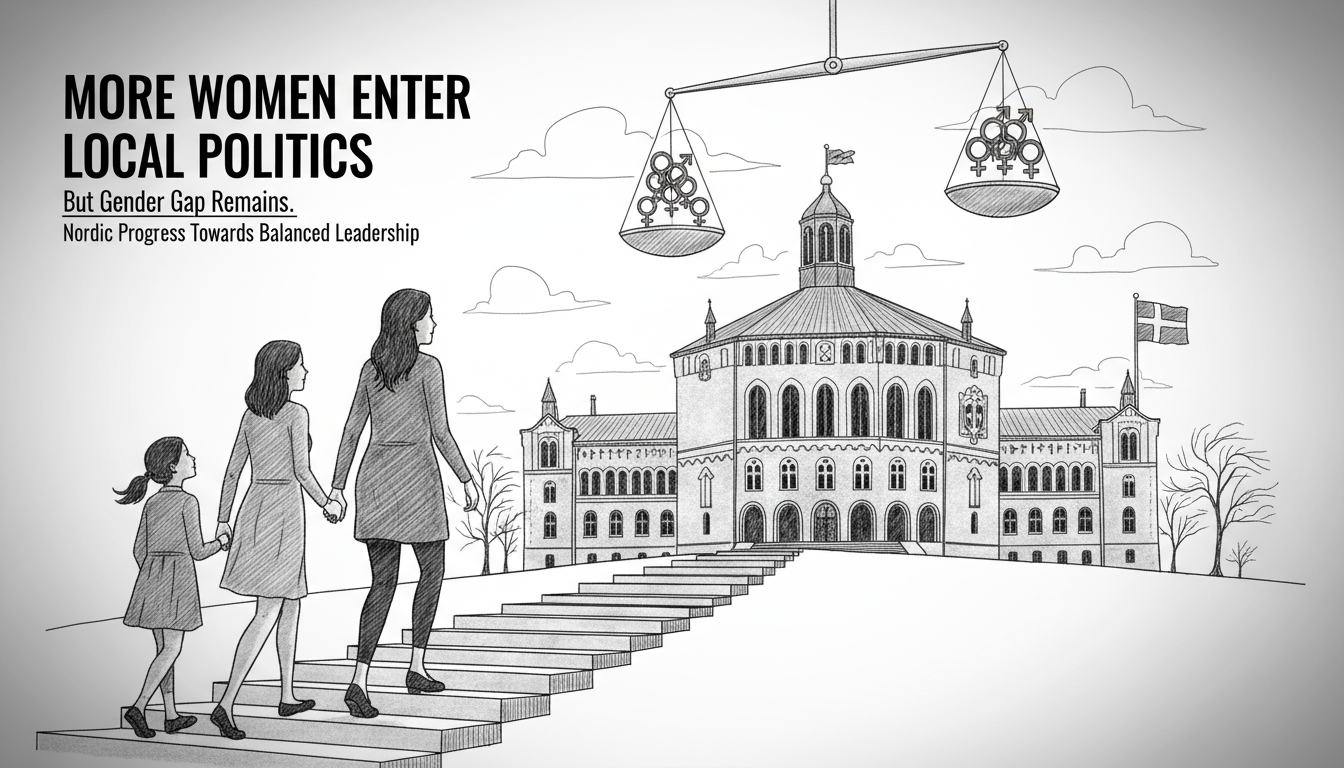Danish municipalities are seeing increasing female participation in local government. The trend shows progress toward gender equality in community leadership. Yet significant representation gaps persist across many town councils.
Vesthimmerland Municipality exemplifies this ongoing challenge. Only five of the council's 27 members are women. This represents less than 20 percent female representation. The numbers highlight how far some communities must travel toward balanced governance.
Many women entering politics cite personal motivations driving their civic engagement. They want to create better communities for their daughters. They seek to model active citizenship for the next generation. These personal stakes often fuel their political commitment.
Denmark has long championed gender equality in national politics. The country frequently ranks high in global gender parity indexes. Local government tells a different story. Municipal councils often lag behind national representation standards.
The Nordic political tradition emphasizes consensus and collaboration. These approaches sometimes attract more female participants. Yet traditional power structures can still create barriers. Established networks and informal decision-making processes may disadvantage newcomers.
What does this mean for policy outcomes? Research suggests diverse councils address broader community concerns. They often prioritize different budget items. Education, childcare, and social services may receive more attention with balanced representation.
International residents in Denmark should note these developments. Local councils make decisions affecting daily life. They determine school policies, recreational facilities, and community planning. Representation shapes which voices influence these crucial matters.
Other Nordic countries face similar challenges. Sweden and Norway also work toward local government gender balance. Iceland leads in female political representation at national levels. Regional variations persist across Scandinavia.
The gradual increase in female council members indicates changing attitudes. Younger generations appear more open to diverse leadership. Social media and digital campaigning create new entry points. Traditional party structures are evolving.
Real change requires more than incremental progress. Some municipalities consider quota systems. Others focus on mentorship programs for aspiring female politicians. The solutions must address both recruitment and retention challenges.
Vesthimmerland's situation reflects broader Nordic patterns. Progress exists but remains uneven. The commitment to daughters symbolizes investment in future equality. The journey continues toward truly representative local democracy.

